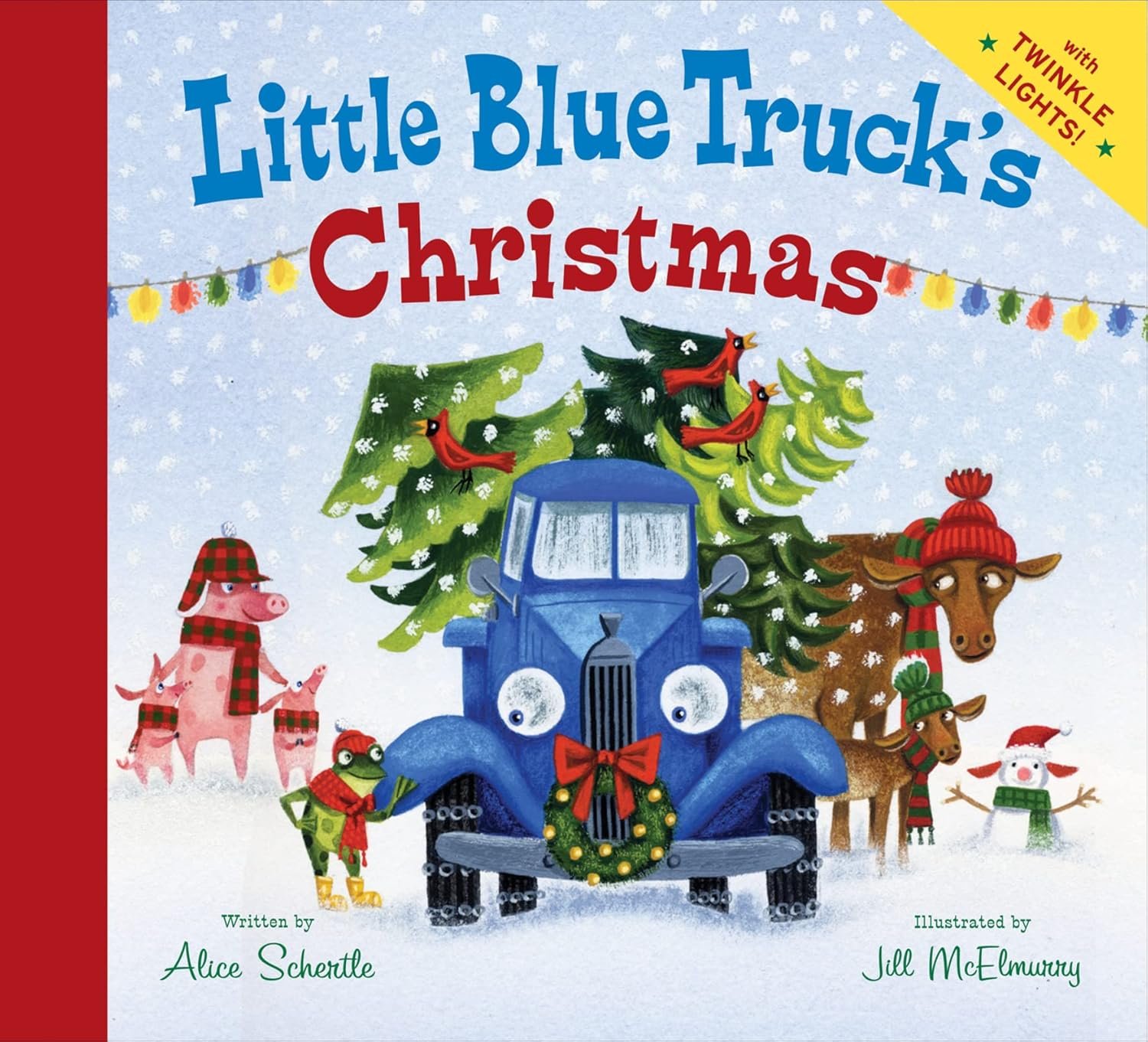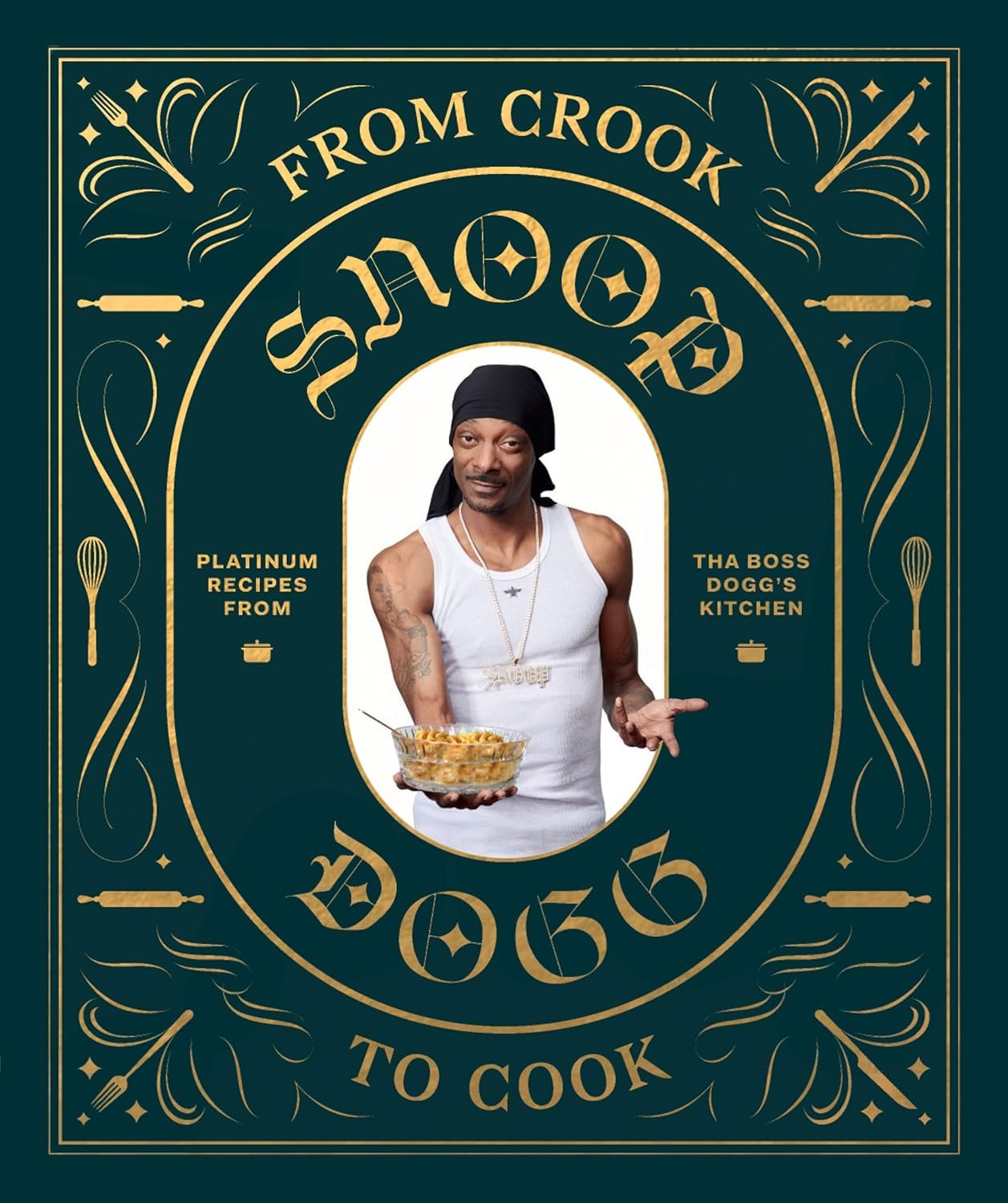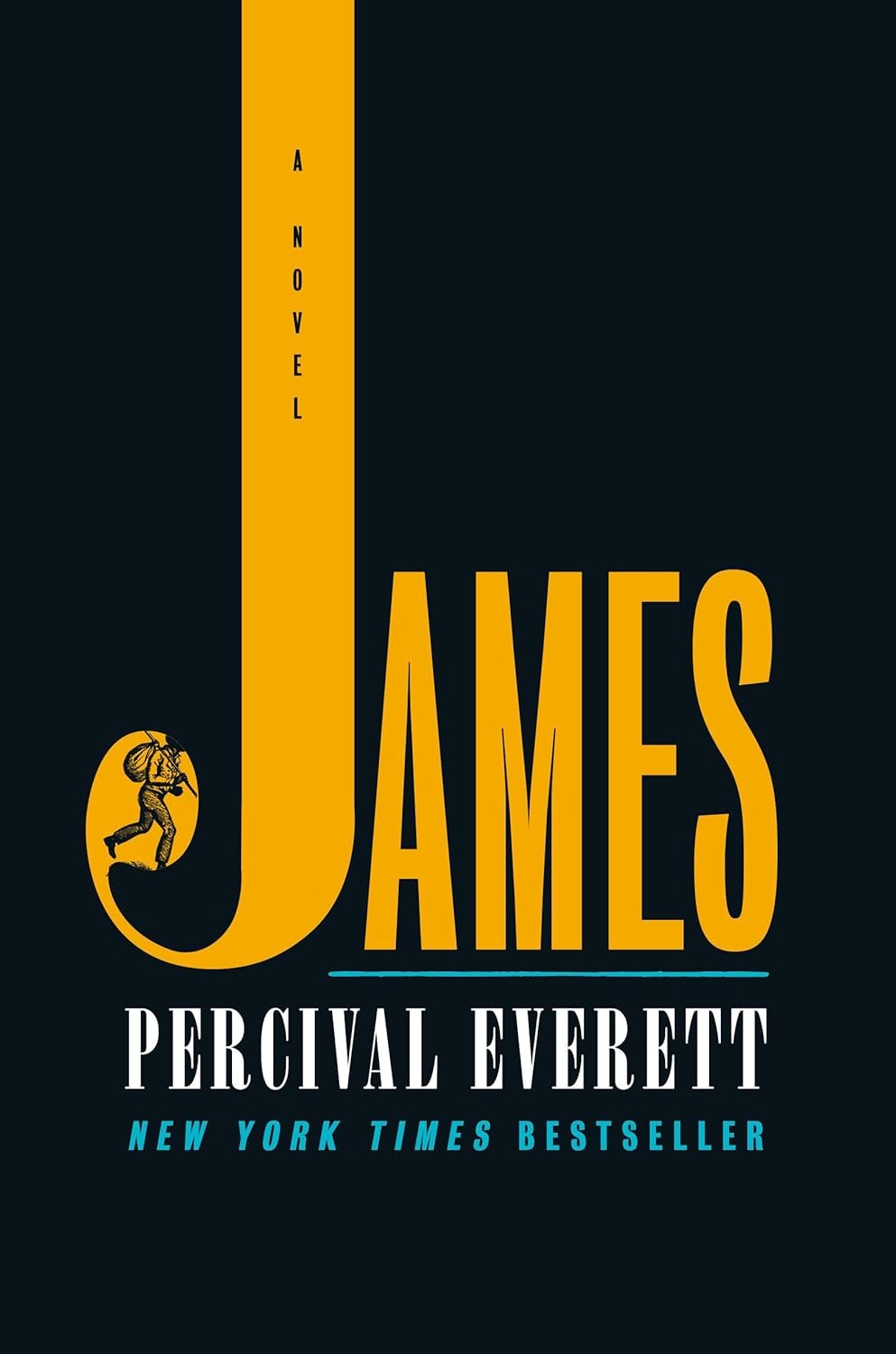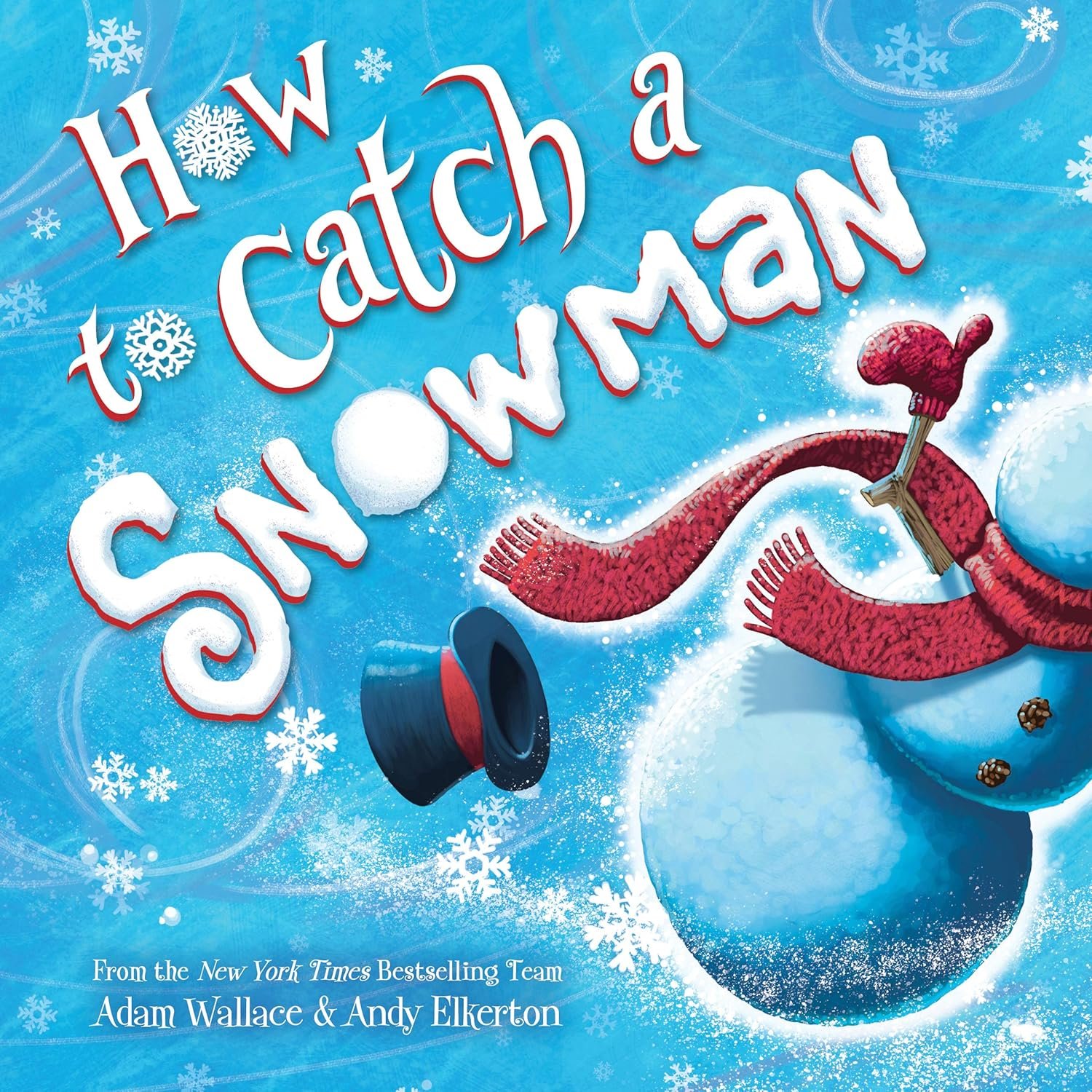Jonas did not want to go back. He didn’t want the memories, didn’t want the honor, didn’t want the wisdom, didn’t want the pain. He wanted his childhood again, his scraped knees and ball games. He sat in his dwelling alone, watching through the window, seeing children at play, citizens bicycling home from uneventful days at work, ordinary lives free of anguish because he had been selected, as others before him had, to bear their burden.
But the choice was not his. He returned each day to the Annex room.
The Giver was gentle with him for many days following the terrible shared memory of war.
“There are so many good memories,” The Giver reminded Jonas. And it was true. By now Jonas had experienced countless bits of happiness, things he had never known of before.
He had seen a birthday party, with one child singled out and celebrated on his day, so that now he understood the joy of being an individual, special and unique and proud.
He had visited museums and seen paintings filled with all the colors he could now recognize and name.
In one ecstatic memory he had ridden a gleaming brown horse across a field that smelled of damp grass, and had dismounted beside a small stream from which both he and the horse drank cold, clear water. Now he understood about animals; and in the moment that the horse turned from the stream and nudged Jonas’s shoulder affectionately with its head, he perceived the bonds between animal and human.
He had walked through woods, and sat at night beside a campfire.
Although he had through the memories learned about the pain of loss and loneliness, now he gained, too, an understanding of solitude and its joy.
“What is your favorite?” Jonas asked The Giver. “You don’t have to give it away yet,” he added quickly. “Just tell me about it, so I can look forward to it, because I’ll have to receive it when your job is done.”
The Giver smiled. “Lie down,” he said. “I’m happy to give it to you.”
Jonas felt the joy of it as soon as the memory began. Sometimes it took a while for him to get his bearings, to find his place. But this time he fit right
in and felt the happiness that pervaded the memory.
He was in a room filled with people, and it was warm, with firelight glowing on a hearth. He could see through a window that outside it was night, and snowing. There were colored lights: red and green and yellow, twinkling from a tree which was, oddly, inside the room. On a table, lighted candles stood in a polished golden holder and cast a soft, flickering glow.
He could smell things cooking, and he heard soft laughter. A golden-haired dog lay sleeping on the floor.
On the floor there were packages wrapped in brightly colored paper and tied with gleaming ribbons. As Jonas watched, a small child began to pick up the packages and pass them around the room: to other children, to adults who were obviously parents, and to an older, quiet couple, man and woman, who sat smiling together on a couch.
While Jonas watched, the people began one by one to untie the ribbons on the packages, to unwrap the bright papers, open the boxes and reveal toys and clothing and books. There were cries of delight. They hugged one another.
The small child went and sat on the lap of the old woman, and she rocked him and rubbed her cheek against his.
Jonas opened his eyes and lay contentedly on the bed, still luxuriating in the warm and comforting memory. It had all been there, all the things he had learned to treasure.
“What did you perceive?” The Giver asked.
“Warmth,” Jonas replied, “and happiness. And—let me think. Family. That it was a celebration of some sort, a holiday. And something else—I can’t quite get the word for it.”
“It will come to you.”
“Who were the old people? Why were they there?” It had puzzled Jonas, seeing them in the room. The Old of the community did not ever leave their special place, the House of the Old, where they were so well cared for and respected.
“They were called Grandparents.” “Grand parents?”
“Grandparents. It meant parents-of-the-parents, long ago.”
“Back and back and back?” Jonas began to laugh. “So actually, there could be parents-of-the-parents-of-the-parents-of-the parents?”
The Giver laughed, too. “That’s right. It’s a little like looking at yourself looking in a mirror looking at yourself looking in a mirror.”
Jonas frowned. “But my parents must have had parents! I never thought about it before. Who are my parents-of-the-parents? Where are they?”
“You could go look in the Hall of Open Records. You’d find the names. But think, son. If you apply for children, then who will be their parents-of-the-parents? Who will be their grandparents?”
“My mother and father, of course.” “And where will they be?”
Jonas thought. “Oh,” he said slowly. “When I finish my training and become a full adult, I’ll be given my own dwelling. And then when Lily does, a few years later, she’ll get her own dwelling, and maybe a spouse, and children if she applies for them, and then Mother and Father —”
“That’s right.”
“As long as they’re still working and contributing to the community, they’ll go and live with the other Childless Adults. And they won’t be part of my life anymore.
“And after that, when the time comes, they’ll go to the House of the Old,” Jonas went on. He was thinking aloud. “And they’ll be well cared for, and respected, and when they’re released, there will be a celebration.”
“Which you won’t attend,” The Giver pointed out.
“No, of course not, because I won’t even know about it. By then I’ll be so busy with my own life. And Lily will, too. So our children, if we have them, won’t know who their parents-of-parents are, either.
“It seems to work pretty well that way, doesn’t it? The way we do it in our community?” Jonas asked. “I just didn’t realize there was any other way, until I received that memory.”
“It works,” The Giver agreed.
Jonas hesitated. “I certainly liked the memory, though. I can see why it’s your favorite. I couldn’t quite get the word for the whole feeling of it, the feeling that was so strong in the room.”
“Love,” The Giver told him.
Jonas repeated it. “Love.” It was a word and concept new to him. They were both silent for a minute. Then Jonas said, “Giver?” “Yes?”
“I feel very foolish saying this. Very, very foolish.”
“No need. Nothing is foolish here. Trust the memories and how they make you feel.”
“Well,” Jonas said, looking at the floor, “I know you don’t have the memory anymore, because you gave it to me, so maybe you won’t understand this —”
“I will. I am left with a vague wisp of that one; and I have many other memories of families, and holidays, and happiness. Of love.”
Jonas blurted out what he was feeling. “I was thinking that . . . well, I can see that it wasn’t a very practical way to live, with the Old right there in the same place, where maybe they wouldn’t be well taken care of, the way they are now, and that we have a better-arranged way of doing things. But anyway, I was thinking, I mean feeling, actually, that it was kind of nice, then. And that I wish we could be that way, and that you could be my grandparent. The family in the memory seemed a little more —” He faltered, not able to find the word he wanted.
“A little more complete,” The Giver suggested.
Jonas nodded. “I liked the feeling of love,” he confessed. He glanced nervously at the speaker on the wall, reassuring himself that no one was listening. “I wish we still had that,” he whispered. “Of course,” he added quickly, “I do understand that it wouldn’t work very well. And that it’s much better to be organized the way we are now. I can see that it was a dangerous way to live.”
“What do you mean?”
Jonas hesitated. He wasn’t certain, really, what he had meant. He could feel that there was risk involved, though he wasn’t sure how. “Well,” he said finally, grasping for an explanation, “they had fire right there in that room. There was a fire burning in the fireplace. And there were candles on a table. I can certainly see why those things were outlawed.
“Still,” he said slowly, almost to himself, “I did like the light they made.
And the warmth.”
“Father? Mother?” Jonas asked tentatively after the evening meal. “I have a question I want to ask you.”
“What is it, Jonas?” his father asked.
He made himself say the words, though he felt flushed with embarrassment. He had rehearsed them in his mind all the way home from the Annex.
“Do you love me?”
There was an awkward silence for a moment. Then Father gave a little chuckle. “Jonas. You, of all people. Precision of language, please!”
“What do you mean?” Jonas asked. Amusement was not at all what he had anticipated.
“Your father means that you used a very generalized word, so meaningless that it’s become almost obsolete,” his mother explained carefully.
Jonas stared at them. Meaningless? He had never before felt anything as meaningful as the memory.
“And of course our community can’t function smoothly if people don’t use precise language. You could ask, ‘Do you enjoy me?’ The answer is ‘Yes,’” his mother said.
“Or,” his father suggested, “‘Do you take pride in my accomplishments?’ And the answer is wholeheartedly ‘Yes.’”
“Do you understand why it’s inappropriate to use a word like ‘love’?” Mother asked.
Jonas nodded. “Yes, thank you, I do,” he replied slowly. It was his first lie to his parents.
“Gabriel?” Jonas whispered that night to the newchild. The crib was in his room again. After Gabe had slept soundly in Jonas’s room for four nights, his parents had pronounced the experiment a success and Jonas a hero.
Gabriel was growing rapidly, now crawling and giggling across the room and pulling himself up to stand. He could be upgraded in the Nurturing Center, Father said happily, now that he slept; he could be officially named and given to his family in December, which was only two months away.
But when he was taken away, he stopped sleeping again, and cried in the night.
So he was back in Jonas’s sleepingroom. They would give it a little more time, they decided. Since Gabe seemed to like it in Jonas’s room, he would sleep there at night a little longer, until the habit of sound sleep was fully formed. The Nurturers were very optimistic about Gabriel’s future.
There was no answer to Jonas’s whisper. Gabriel was sound asleep. “Things could change, Gabe,” Jonas went on. “Things could be different.
I don’t know how, but there must be some way for things to be different. There could be colors.
“And grandparents,” he added, staring through the dimness toward the ceiling of his sleepingroom. “And everybody would have the memories.
“You know about memories,” he whispered, turning toward the crib. Gabriel’s breathing was even and deep. Jonas liked having him there,
though he felt guilty about the secret. Each night he gave memories to Gabriel: memories of boat rides and picnics in the sun; memories of soft rainfall against windowpanes; memories of dancing barefoot on a damp lawn.
“Gabe?”
The newchild stirred slightly in his sleep. Jonas looked over at him. “There could be love,” Jonas whispered.
The next morning, for the first time, Jonas did not take his pill. Something within him, something that had grown there through the memories, told him to throw the pill away.





